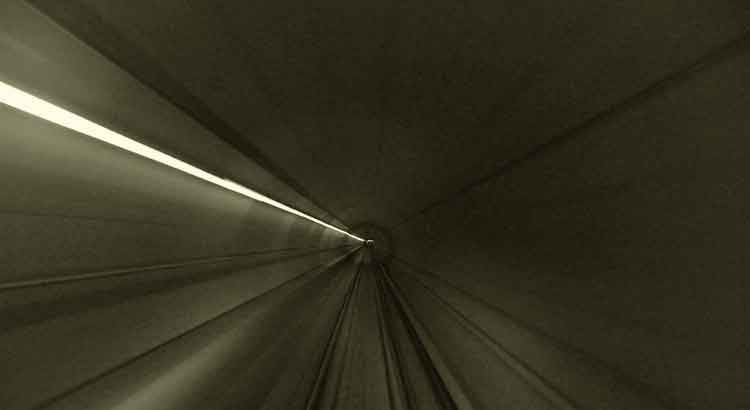As with everything else, the Jungian approach to dream interpretation is much more interesting than what is generally done in psychoanalysis. Starting from the same necessary principle that one must find meaning in them, but not restricting himself to an exclusively causal interpretation, Jung opens himself to an infinite horizon of possibilities. An attentive analyst is quickly impressed by the disparity between the dreams of the same individual, from the lucidity of manifestation to the almost always discrepant content, sometimes based in the present, sometimes in the past, sometimes in fantasies, and so on. There are dreams in which the linearity makes understanding easier, while in others there is a strange superposition of disconnected scenes, if not abstract images and a complete absence of a logical link. It is not rare to have the sensorial certainty that such and such event occurred in a dream, without having retained pictorial elements; as well as the memory of loose dialogues and speeches, in manifestations that defy reasoning. Not to mention dreams that are amazingly connected to events that take place in the future. Jung, noting all this complexity, is right in approaching each dream individually and repudiating the attempt to box them all into a “manual of interpretations”. It is true that the psychologist, acting in this way, most often finds himself in the dark; but such humility, not to say courage, can occasionally pay off.
The Jungian Approach to Dream Interpretation…
